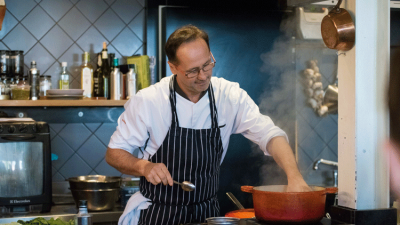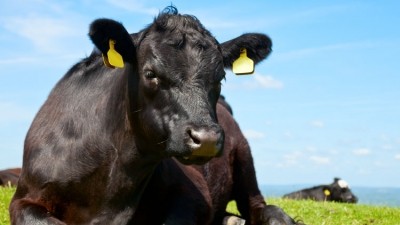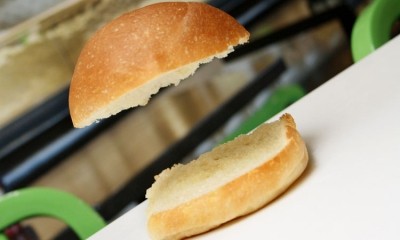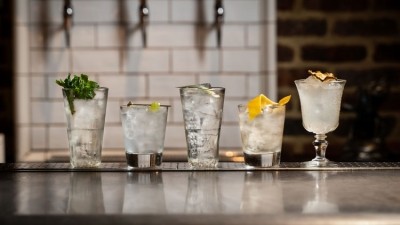The Lowdown: New York's foie gras ban
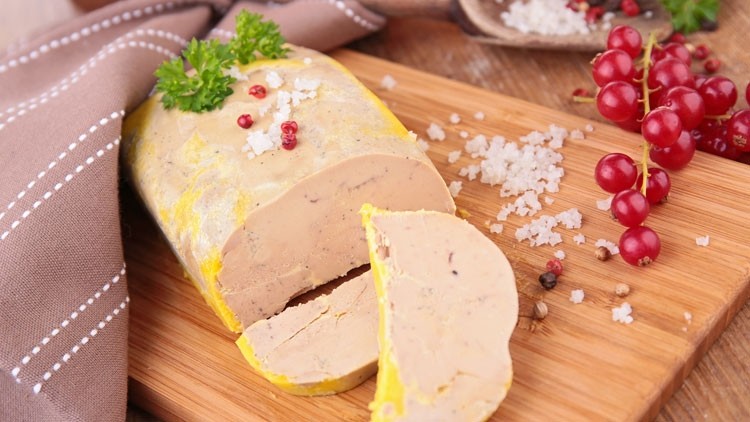
Animal rights campaigners trying to shove their views down our throats again?
If that’s the stance you wish to take… bear in mind, though, the production of foie gras has been a contentious issue over here for some time. Making it often relies on force-feeding ducks or geese for about two weeks, causing the liver to expand dramatically. Some farmers claim the process of force-feeding (known as gavage) is unnecessary, but in France, where 98% of the foie gras eaten in Britain is made, a pâté can only be called foie gras if gavage is used. Campaigners say the funnel or tube used during gavage is painful, causing the birds to spend their final days suffering. And over the years this had led to mounting pressure from animal welfare activists to impose a ban on imports of foie gras to the UK.
How is the New York ban significant?
It doesn’t have a direct impact per se, but it has helped reignite the debate this side of the pond surrounding the ethics of both producing and serving foie gras, which has long been a fixture in many of London’s French fine-dining restaurants including Pascal Aussignac’s Club Gascon, and the now-closed L’Atelier de Joël Robuchon.
What does the current UK law state?
British farmers are forbidden from producing foie gras under animal welfare legislation, but according to The Guardian, the UK imports about 180 to 200 tonnes of the stuff every year. EU single-market rules supposedly mean the UK cannot currently ban foie gras imports, but Brexit would conceivably change that.
Who’s calling for a ban?
Obviously there are numerous campaign groups, including Animal Equality and Direct Action Everywhere (DxE) – the latter of which had quite surreal run in with chef Clément Leroy earlier this year in Mayfair where protesters, having entered his restaurant to remonstrate its use of foie gras, were confronted by the sight of Leroy brandishing a pair of dead ducks. There’s also the Labour Party, which has pledged to ban imports of the pâté “at the first available opportunity”, with Sue Hayman, the shadow environment secretary, saying: “Foie gras production is an exceptionally cruel practice. The excessive force-feeding of these birds inflicts serious injury and stress upon them and cannot be justified as a method of food production.” And then there’s the Conservative Animal Welfare Foundation, which counts Prime Minister Boris Johnson’s partner Carrie Symonds as a patron, and has called for imports to end after Brexit.
Could Brexit really lead to a ban, though?
It’s hard to say for sure. Some trade experts have reportedly said that even leaving the EU might not guarantee that the UK could ban foie gras imports. Post-Brexit, the EU might dispute a ban under World Trade Organization rules. David Henig, director of the European Centre For International Political Economy, says there are concerns that a ban would not be compatible with WTO law, but adds that the issue has not been fully tested.
Are there any alternatives?
If the idea of serving a force-fed animal sticks in the throat then take a leaf out French chef Alexis Gauthier. Once a fan of the delicacy, Gauthier has since turned vegan – but that hasn’t stopped him thinking out the dish that was once very popular on his menus. His solution was to create the very cleverly named ‘faux gras’ – a terrine made from button mushrooms, cognac, lentils, toasted walnuts and beetroot purée among other ingredients that he describes as being reminiscent of foie gras but “without the suffering, torture and death that usually goes with it”. Now there’s a catchy description for any dish…
